-
Home
- ISO 29100 Certification
All Categories
- ISO 9001:2015
- IAF Register
- Organic certification
- ISO 14001:2015
- OHSAS 18001:2007
- ISO 27001:2013
- ISO 13485:2016
- ISO 50001-2011
- CE Marking
- ISO 15000 HACCP
- ISO 29990:2010
- ISO 22301-2012
- Lead Auditor Training
- ISO 29993:2017 Certification
- Other Services
- HSE MS
Quick Links
- About us
- CE Marking Certification
- Impartiality Statement
- Founder
- Quality Policy
- ISO Application Process
- Certified Client
- Accredited Certificate Need to be Converted
- History
Quick Links
- About us
- CE Marking Certification
- Impartiality Statement
- Founder
- Quality Policy
- ISO Application Process
- Certified Client
- Accredited Certificate Need to be Converted
- History
- CE Notified Body
- ISO 10002
- ISO 50001
- Low Voltage CE
- Responsible Care Management System
- IFS Food
- Global GAP
- Code of Integrity
- Use of Marks
- Key Elements of BCMS
- IAF Register of Accredited Certificate
- What are Key Documents required for Client as per ISO?
- IAF Register
Read More
ISO 29100 Certification
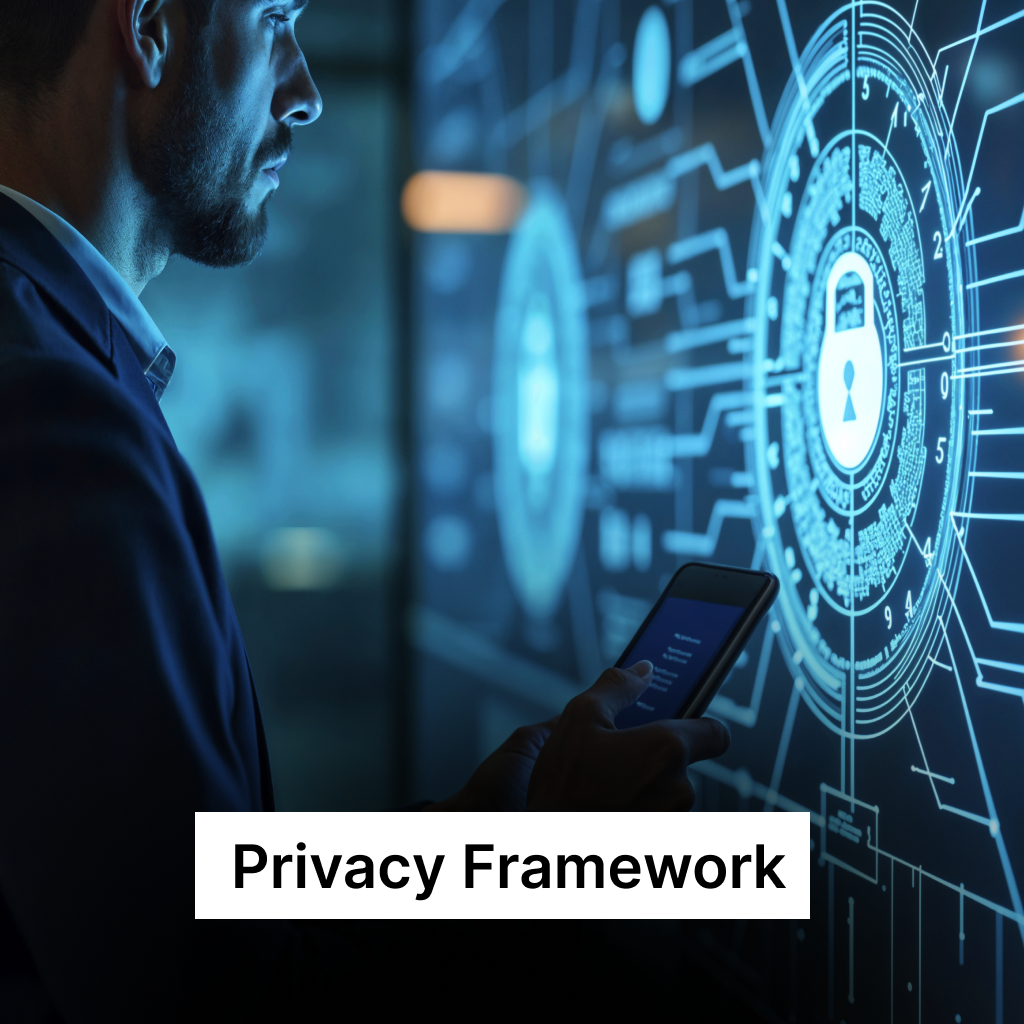
Structure of the ISO 29100 Standard
ISO/IEC 29100:2011 is organized into several key components that collectively provide a comprehensive approach to privacy management. Below is the structure of the standard
Clause 1: Scope - Defines the applicability of the standard and its focus on establishing a generic privacy framework. It clarifies the intent of the framework, ensuring that organizations can determine its relevance to their data processing activities.
Clause 2: Normative References - Lists supporting standards and references essential for implementing the privacy framework. These references provide additional resources and guidance to ensure organizations can integrate privacy practices effectively.
Clause 3: Terms and Definitions - Provides terminology specific to privacy management to ensure consistency and clarity. This section defines critical terms like "data subject," "data controller," and "data processor," which are essential for understanding privacy roles.
Clause 4: Overview of Privacy Framework - Introduces the components and objectives of the privacy framework, emphasizing the importance of embedding privacy into ICT systems. This clause outlines the key goals of privacy management, including safeguarding personal data, meeting legal obligations, and addressing societal expectations.
Clause 5: Privacy Principles - Describes key principles for managing privacy, including consent, transparency, data minimization, and accountability. These principles guide organizations in creating ethical data management systems that prioritize individual rights and compliance.
Clause 6: Roles and Responsibilities - Defines the roles of stakeholders, such as data controllers, data processors, and individuals, in ensuring privacy protection. It clarifies the accountability structure within organizations to ensure effective oversight and implementation.
Clause 7: Privacy Controls - Details technical and organizational measures for implementing privacy principles, including encryption, access controls, and privacy impact assessments. This section emphasizes the use of both preventive and corrective controls to manage risks effectively
Benefits of ISO 29100 Certification
1. Enhanced Trust and Confidence: Demonstrates a commitment to protecting personal data, fostering trust among customers and stakeholders. For example, an e-commerce platform can build customer loyalty by adopting strong privacy practices aligned with ISO/IEC 29100:2011. This trust can translate into increased user engagement and retention.
2. Improved Legal and Regulatory Compliance: Assists organizations in meeting global data protection regulations, such as GDPR or CCPA. For instance, a multinational corporation can use the framework to ensure consistent privacy practices across jurisdictions, avoiding penalties and maintaining its reputation.
3. Strengthened Data Security: Provides guidelines for implementing technical controls, such as encryption and secure storage, to protect sensitive information. For example, a healthcare provider can safeguard patient records against unauthorized access, ensuring compliance with HIPAA while reducing the risk of breaches.
4. Ethical Handling of Personal Data: Encourages organizations to adopt privacy-by-design principles, ensuring ethical practices in data collection and processing. For instance, a mobile app developer can integrate user consent mechanisms into their applications, improving transparency and user satisfaction.
5. Competitive Advantage: Demonstrates a proactive approach to privacy, distinguishing organizations in the marketplace. For example, a cloud service provider can attract more clients by showcasing ISO/IEC 29100:2011 compliance, positioning itself as a trusted partner in data protection.
6. Operational Efficiency: Streamlines privacy management processes, reducing complexity and enhancing resource allocation. Organizations can implement standardized procedures for data handling, which reduces redundancy and improves compliance monitoring.
7. Enhanced Reputation Management: Proactively addressing privacy concerns and demonstrating adherence to international standards minimizes the risk of reputational damage from privacy violations or data breaches.
Eligibility Criteria for ISO/IEC 29100 Certification
To achieve ISO/IEC 29100:2011 certification, organizations must establish a documented privacy framework that aligns with the standard’s principles. They need to identify and address privacy risks through systematic assessments, ensuring that potential vulnerabilities are mitigated effectively. Additionally, organizations must implement both technical and organizational measures to safeguard personal data, protecting it from unauthorized access and breaches. Employee training on privacy principles and their specific responsibilities is essential to foster a culture of compliance and awareness. Finally, maintaining comprehensive records that demonstrate adherence to privacy policies and controls is crucial for accountability and ongoing compliance.
Key Points:
• Documented privacy management framework.
• Risk assessments and mitigation measures.
• Technical and organizational privacy controls.
• Employee training and awareness.
• Compliance with applicable legal and regulatory requirements.
• Continuous improvement processes for privacy management.
Who Should Establish the Requirement for ISO/IEC 29100:2011 Certification?
Organizations that collect, process, or store personal data should consider ISO/IEC 29100:2011 certification. These include:
1. Technology Companies: To ensure user data is handled responsibly and transparently. This is particularly critical for organizations developing IoT devices, mobile apps, or AI systems.
2. Healthcare Providers: To protect sensitive patient information and meet legal requirements such as HIPAA. Adopting this standard helps healthcare organizations build trust and ensure compliance with patient rights.
3. Financial Institutions: To secure customer data and build trust in handling financial transactions. Banks and payment processors can reduce fraud risks while complying with financial regulations.
4. Retailers and E-commerce Platforms: To enhance consumer confidence by demonstrating robust privacy practices. Transparent data handling policies can attract privacy-conscious customers and improve brand loyalty.
5. Government Agencies: To ensure transparency and accountability in managing citizen data. Public sector organizations can use this framework to address privacy concerns related to large-scale data collection initiatives.
6. Education Providers: Universities and schools can protect student and staff information, aligning with global privacy standards and fostering a secure learning environment.
What Are the Documents and Records an Organization Should Maintain for ISO 29100 Certification
Mandatory Documents
1. Scope of the Privacy Framework (Clause 4.3)
2. Privacy Policy (Clause 5)
3. Risk Assessment Procedures for Privacy (Clause 7.1)
4. Data Protection Guidelines and Procedures (Clause 7.2)
5. Incident Response Plan for Privacy Breaches (Clause 7.3)
6. Monitoring and Audit Procedures for Privacy Controls (Clause 7.4)
Mandatory Records
1. Records of Risk Assessments for Privacy (Clause 7.1)
2. Logs of Data Access and Processing Activities (Clause 7.2)
3. Documentation of Privacy Impact Assessments (Clause 7.3)
4. Incident Logs Related to Privacy Breaches (Clause 7.4)
5. Internal Audit Reports on Privacy Framework Implementation (Clause 7.5)
6. Training Records for Employees on Privacy Principles (Clause 7.6)
Non-Mandatory Documents (Examples)
1. Guidelines for Data Minimization Strategies (Clause 5.3)
2. Templates for Privacy Notices and Consent Forms (Clause 5.4)
3. Procedures for Handling Data Subject Requests (Clause 7.3)
4. Checklists for Reviewing Privacy Controls (Clause 7.4)
5. Training Materials on Privacy-by-Design Principles (Clause 7.6)
Process for ISO/IEC 29100:2011 Certification
The certification process for ISO/IEC 29100:2011 ensures compliance with the standard’s requirements for establishing and maintaining an effective privacy framework. Organizations can follow these systematic steps:
• Stage One Audit: A preliminary audit to assess the organization’s readiness for certification. This includes reviewing privacy policies, data handling procedures, and compliance with relevant privacy principles outlined in the standard.
• Stage Two Audit: An on-site audit conducted by the certification body to evaluate the implementation and effectiveness of the privacy framework. Auditors verify compliance by examining privacy controls, consent mechanisms, and data protection measures.
• Addressing Non-Conformities: Organizations must address any non-conformities identified during audits. Corrective actions and evidence of compliance are submitted to the certification body for review.
• Certification Decision:Upon successful resolution of non-conformities, the certification body issues the ISO/IEC 29100:2011 certification, demonstrating the organization’s commitment to privacy principles.
• Surveillance Audits: Regular audits are conducted to ensure ongoing compliance and continuous improvement of the privacy framework.
• Recertification Audit: Performed every three years, the recertification audit ensures sustained conformity with ISO/IEC 29100:2011 standards and evaluates the effectiveness of privacy practices.
Cost of ISO/IEC 29100:2011 Certification
The cost of obtaining ISO/IEC 29100:2011 certification varies based on several factors. Larger organizations with complex privacy operations may incur higher certification costs due to longer audit durations and detailed assessments. The range of privacy processes and systems covered under the certification scope also affects audit requirements and associated costs. Organizations with robust privacy frameworks in place may incur lower costs compared to those starting from scratch. Multi-site organizations or those with geographically dispersed operations may face additional costs for travel and on-site evaluations. The certification cost typically includes the initial audit fee, surveillance audit fees, and recertification charges. Certification bodies provide tailored quotes based on these factors. To receive a quote, organizations must submit their details using form F-01, available in the download section of the TNV website. For more information, email info@isoindia.org or submit an inquiry through the Contact Us section on the portal
How to Apply for ISO/IEC 29100:2011 Certification
To apply for ISO/IEC 29100:2011 certification online, organizations can submit their inquiry through TNV Certification Pvt. Ltd.’s website or send an email. TNV offers a streamlined application process to help organizations implement and maintain a privacy framework aligned with the standard. A detailed application form is available, allowing companies to provide essential information about their privacy operations and focus areas. TNV ensures comprehensive support throughout the certification journey, from
the initial application to the successful issuance of the ISO/IEC 29100:2011 certificate.
Contact Us To begin your ISO/IEC 29100:2011 certification journey, contact TNV Certification Pvt. Ltd. for tailored support:
• Download Application Form: Visit our website to access form F-01.
• Submit Inquiry: Use the Contact Us section on our portal or email info@isoindia.org for detailed assistance.
TNV Certification Pvt. Ltd. offers a wide range of ISO certifications, helping organizations achieve compliance, build trust, and enhance operational efficiency. Take the first step toward secure and compliant privacy management today.
Integration of ISO 29100 with Other Standards
ISO/IEC 29100:2011, a standard focusing on privacy frameworks, can be integrated with other management system standards to create a comprehensive organizational compliance framework. Integration ensures alignment between privacy practices and other key operational areas, improving overall efficiency and effectiveness.
For example, integrating ISO/IEC 29100 with ISO/IEC 27001 (Information Security Management System) strengthens data security by aligning privacy controls with broader information security practices. Similarly, integration with ISO/IEC 27701 (Privacy Information Management System) ensures enhanced compliance with data protection regulations and facilitates improved privacy risk management. ISO 22301 (Business Continuity Management) ensures that privacy practices remain operational during disruptions, safeguarding organizational resilience.
Other Standards for Integration:
Integration of these standards provides a unified approach to managing privacy, security, and compliance, enabling organizations to meet diverse stakeholder expectations and achieve their strategic objectives effectively.
- ISO 27001:2022
- ISO 20000-1:2018
- ISO 21001:2018
- ISO 14001:2015
- ISO 45001:2018
- ISO 22000:2018
- ISO 50001:2018
- ISO 27701:2019
- ISO 55001:2014
- ISO 41001:2018
- ISO 37001:2016
- ISO 13485:2016
- ISO/IEC 42001:2023
- ISO 20121:2024
- ISO 37301:2021
- ISO 27017:2015
- ISO 9001-2015
- ISO 27035 Certification
- ISO 27032 Certification
- ISO 27018 Certification
- ISO 27040 Certification
- ISO 27050 Certification
- ISO 29100 Certification
Certificate
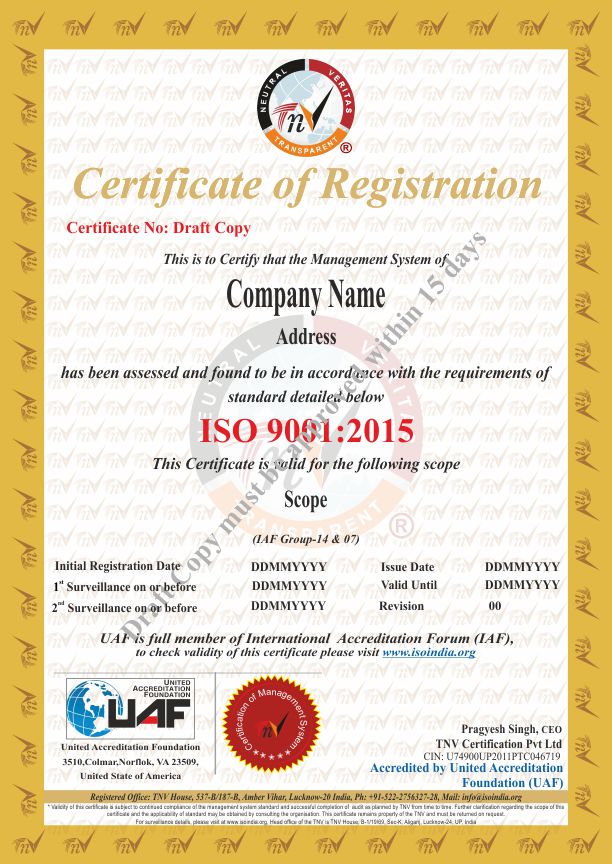
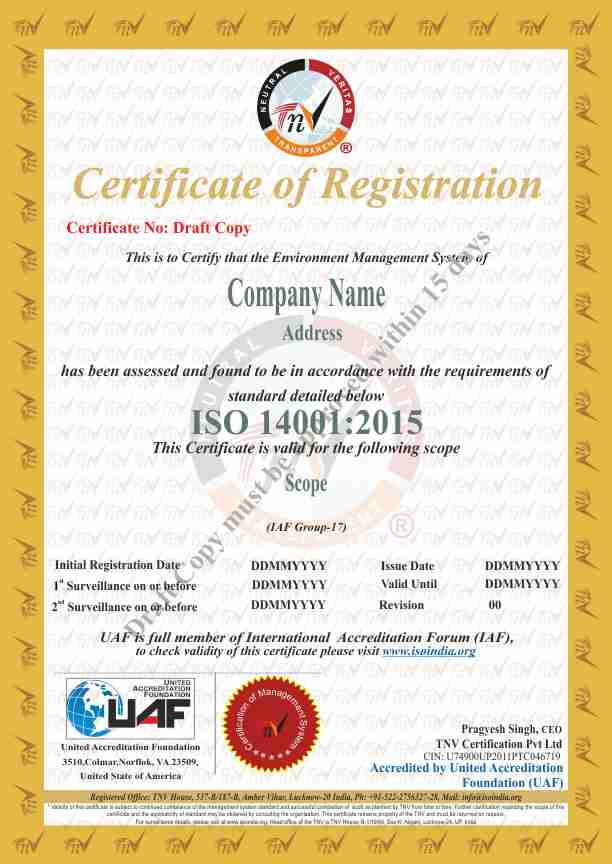
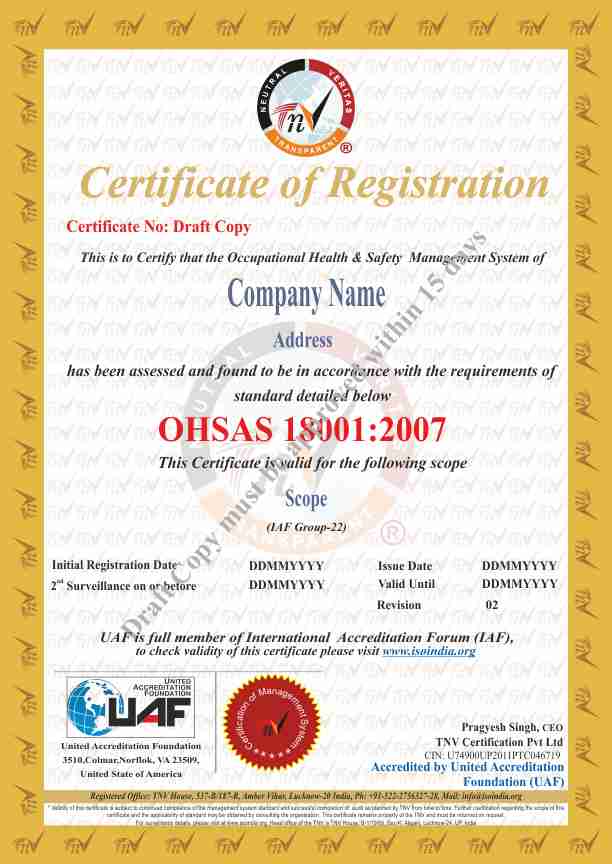
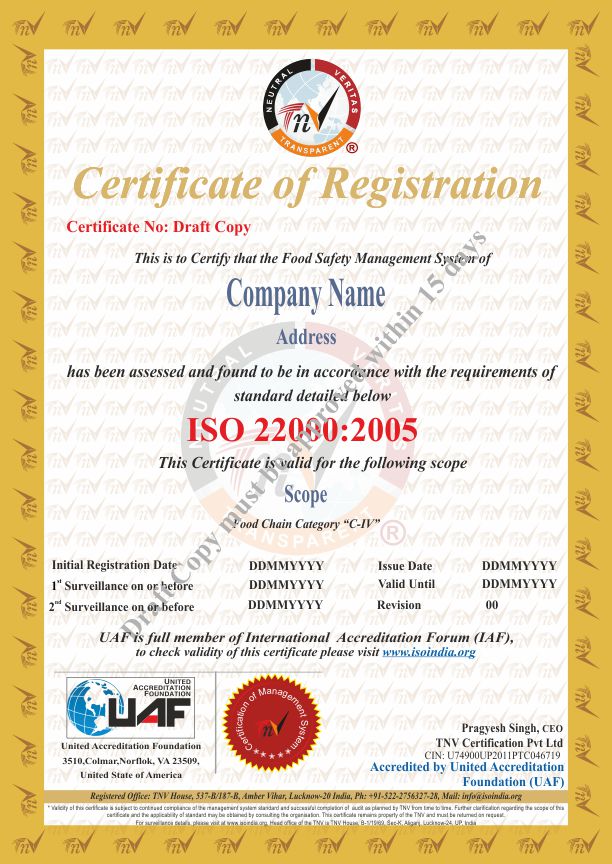
.jpg)
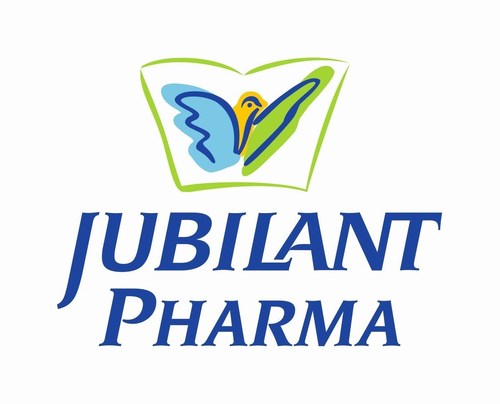 Sanjeev Sharma
Sanjeev Sharma
We are Certified by TNV since last 6 years and we are absolutely happy and satisfied with the systematic approach of the Team. Best Wishes.
»
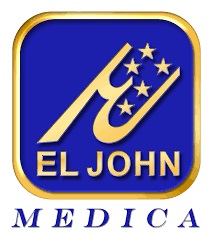 PT. Sun Health Care
PT. Sun Health Care
As always it was an excellent input that we got from TNV, looking forward to continuing a relationship with them. The assessment was very much a structured approach. Our team learned a lot Ari Rahmawati Director of PT Sun Health Care (El John Medica) »
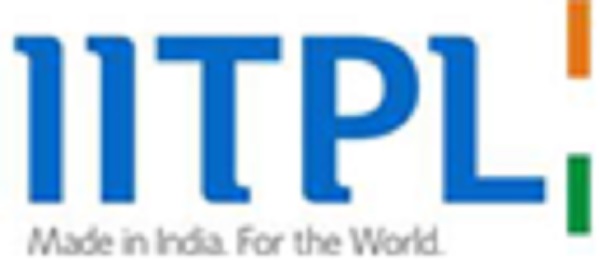 Innovation Imaging Technologies Pvt. Ltd
Innovation Imaging Technologies Pvt. Ltd
"May I take this opportunity to thank you for all your help in the arrangements and organisation for the Training of MD QMS Lead Auditor Certification Course attended. The course was very informative and structured to our requirements. I feel that the relationship that has been b »
 SSP Tech Consultancy Malaysia
SSP Tech Consultancy Malaysia
SSP Tech Consultancy Malaysia is so proud on the long lasting relationship with TNV Certification PVT LTD.
We have been working with TNV since 2010 and there were more than 80 clients have been certified in the field of ISO9001 , ISO14001, ISO45001 & ISO 13485.
We thank you For »
 Maria P. Belyanchikova
Maria P. Belyanchikova
Dear Sir,
We kindly express gratitude for your
outstanding service and long-lasting
cooperation.
Since 2014 our companies in Russia, Moscow,
and United Arad Emirates, Dubai, have several
times ordered certification, surveillance and
audit from TNV Certification Pvt LTD and »
 Unnikrishnan Narayanan Namboodiri
Unnikrishnan Narayanan Namboodiri
Dear Sir,
It is with great pleasure that we at Inspirit Safety Solutions Pvt Ltd, are conveying our gratitude and appreciation to TNV Certification Pvt Ltd for providing the best of services in the domain of
Management System trainings and certifications by accepting us as an a »
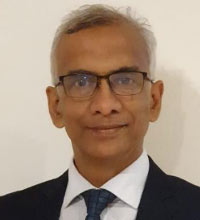
I have developed a great relationship with TNV Certification Pvt LTD.
I have undergone a few trainings with TNV training team & have
found their approach to be a highly professional & committed to
providing quality trainings & certifications. I am glad that I also have
had th »







